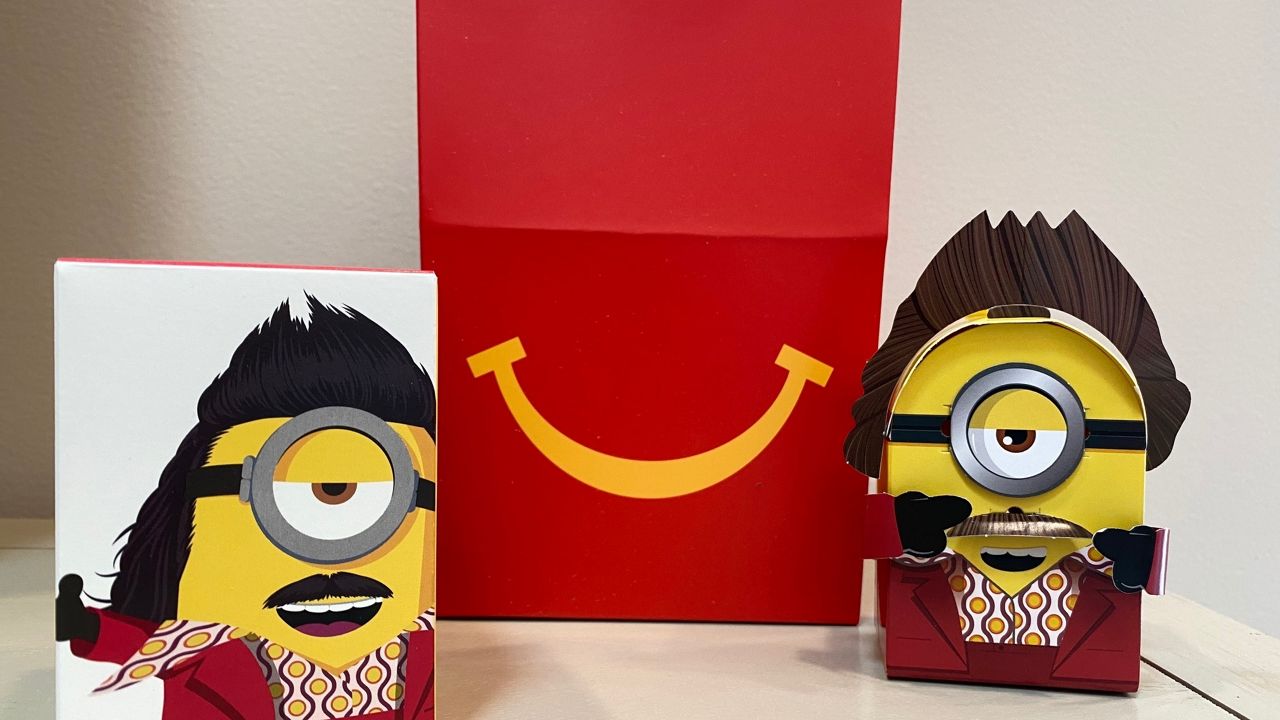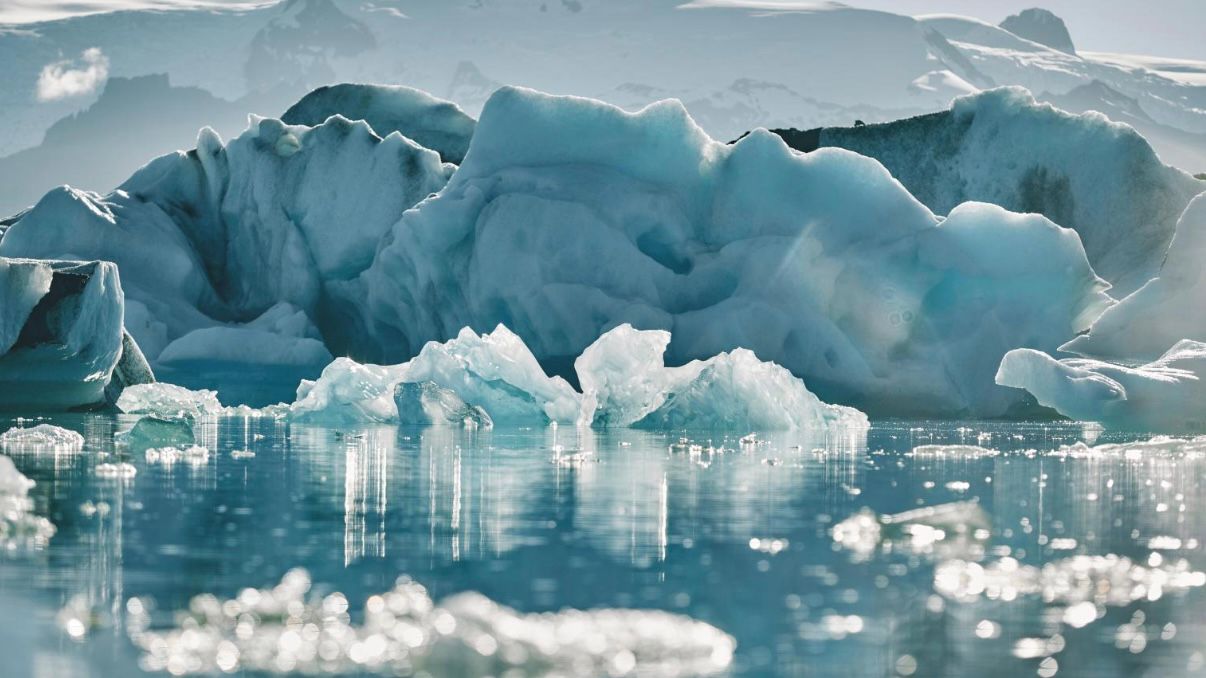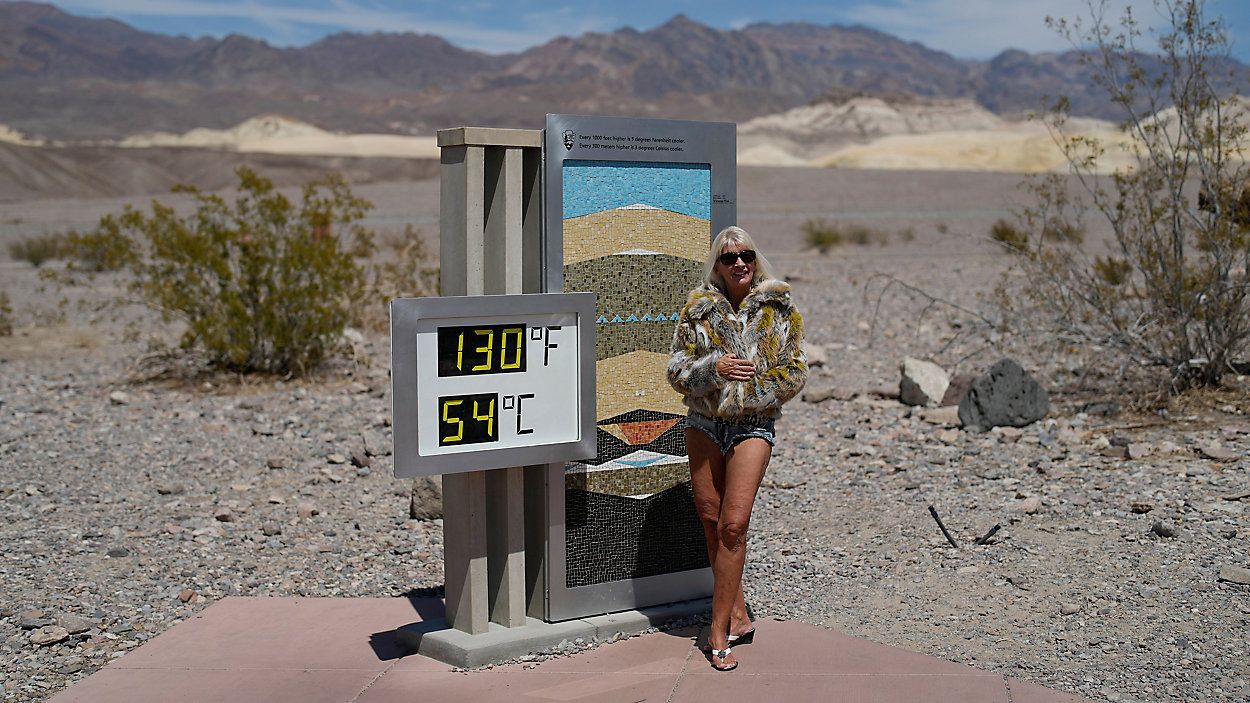McDonald's announced that it will make major changes to its iconic Happy Meal toys, with an aim to "drastically" reduce its use of plastics as part of the company's push toward sustainability and reducing their environmental impact.
"Starting now, and phased in across the globe by the end of 2025, our ambition is that every toy sold in a Happy Meal will be sustainable, made from more renewable, recycled, or certified materials like bio-based and plant-derived materials and certified fiber," McDonald's wrote in a statement posted to its website.
The burger giant said Tuesday it’s working with toy companies to develop new ideas, such as three-dimensional cardboard superheroes kids can build or board games with plant-based or recycled game pieces.
"Protecting the planet for our shared future demands that we look at all parts of our business, including the customer experience," McDonalds' chief sustainability officer Jenny McColloch wrote in a statement. 'I’m proud that nothing is off the table for our leadership, partners, and families. Together, we’re expanding our positive impact on the environment through the transformation of one of McDonald’s most beloved icons."
McDonald’s sells more than 1 billion toys each year. The company says the new goal will reduce virgin plastic use by 90% compared to 2018 levels.
"For comparison, the average person uses more than 220 pounds of plastic annually, so this is equivalent to more than 650,000 individuals eliminating plastics from their lives each year," McColloch wrote.
Beginning this year, in the United Kingdom and Ireland, McDonald’s restaurants are only offering soft toys, paper-based toys or books instead of toys made from "non-sustainable hard plastic." France followed suit earlier this year. Burger King removed plastic toys from kids’ meals in the U.K. in 2019.
"Markets like the U.K., Ireland and France have rolled out new toys, such as those from blockbuster movie franchises like the sustainably-made Illumination's Minions," McColloch wrote. "Recent Happy Meal toy innovations like these have already resulted in a 30% reduction in virgin fossil fuel-based plastic use since 2018, and now we’re scaling this effort globally to eliminate even more plastics from our system."
"We're also in early stages of exploring further positive impact beyond the toy," McColloch added. "In some places, playgrounds and restaurant trays can be made from recycled toys, like they are in the UK and Japan."
The Associated Press contributed to this report.







